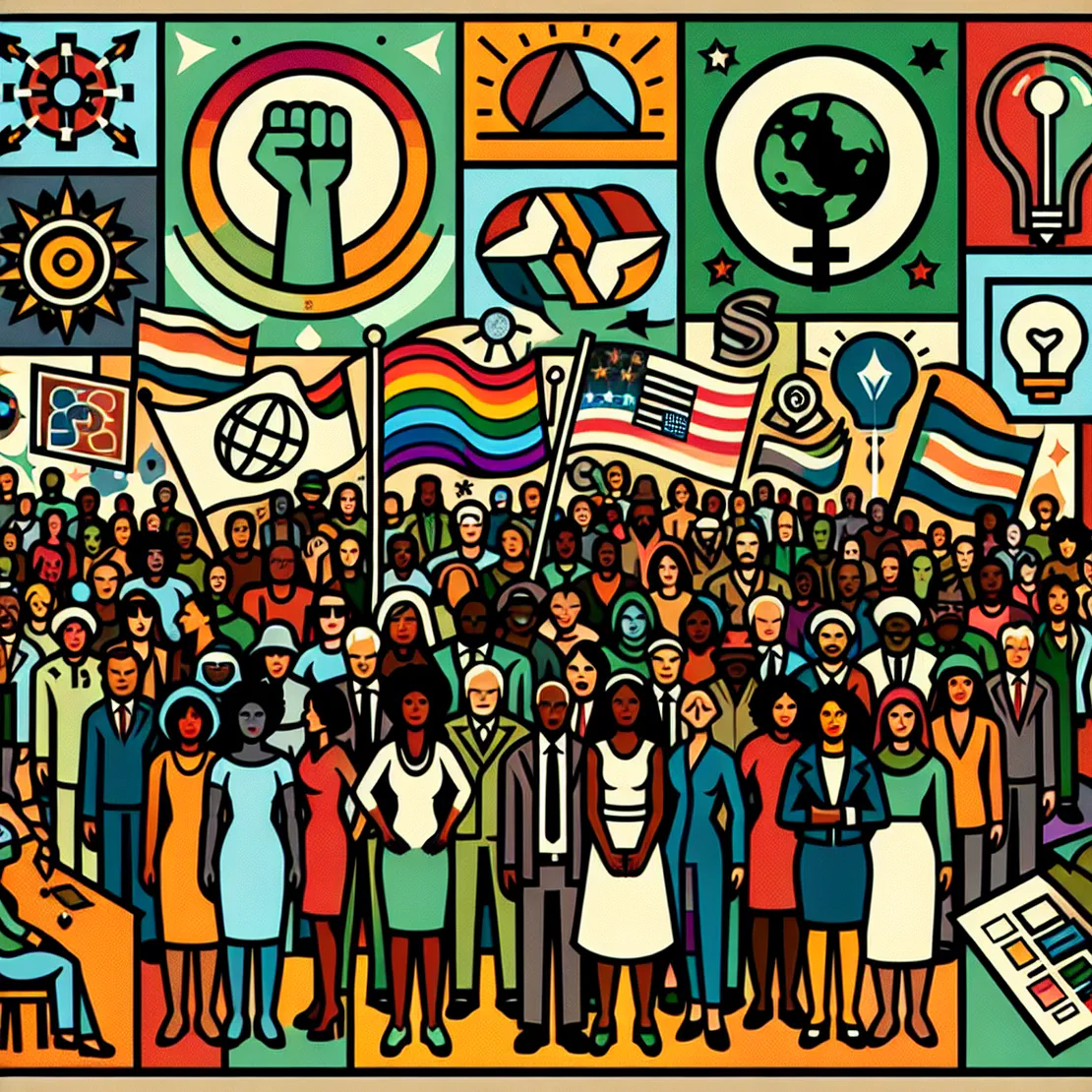
#844 - Dr Laith Al-Shawaf - Why Do Humans Actually Have Emotions?
- Modern Wisdom
- Emotions , Education , Humanity
- September 28, 2024
Table of Contents
At a Glance
-
Reputation Management Importance - “reputation management in that way is just so important” - Emphasizes the critical role of managing one’s reputation in social contexts, linking it to survival in historical human societies.
-
Implications of Judging Others - “maybe all pump the brakes a little bit on, uh, judging other people too harshly, especially with imperfect information.” - Highlights the need for caution and empathy in forming opinions about others, especially with limited or skewed information.
-
Social Exclusion as Punishment - “some of the worst punishments that we have to offer are basically kicking a person out of the group” - Discusses the severe impact of social exclusion and ostracism, underscoring its historical roots in survival.
-
The Pain of Exclusion - “the amount of pain felt at being excluded…it’s not a superficial thing.” - Stresses how deeply humans are affected by exclusion, even in trivial social interactions, reflecting on its evolutionary significance.
-
Understudied Positive Emotions - “the function of some of the positive emotions is less obvious than the function of fear or disgust, for example.” - Points out the relative lack of research on positive emotions and their critical roles in social bonding and group dynamics.
-
Shame’s Functional Role - “shame seems to function to prevent you from engaging behaviors that would cause you status loss and reputation loss in your society” - Explains the adaptive role of shame in preventing actions that could lead to social devaluation.
-
Difference Between Guilt and Shame - “guilt is thought of as functioning to repair a relationship…whereas shame is about preventing yourself from falling in the eyes of your peers.” - Clarifies the distinct roles of guilt and shame in social interactions and self-regulation.
-
Emotions and Advocacy - “emotions are not only about looking out for me, they’re about pair bonding and raising my children and protecting them and helping friends and allies.” - Highlights the broader, altruistic functions of emotions in fostering social bonds and cooperative behaviors.
-
Emotions as Functional Responses - “the negative or aversive emotions are just as functional and adaptive and useful as the positive emotions.” - Discusses the utility of negative emotions in evolutionary terms, showing they are as important as positive emotions for survival and adaptation.
What to Do
-
‘Embrace your emotions’ - Recognizing that emotions, including negative ones, have an adaptive function can help in managing and understanding them better. This approach leads to a more balanced emotional life.
-
‘Do not vilify or deify emotions’ - It’s important to view emotions realistically and not attribute too much power to them, either positively or negatively. Acknowledging emotions without overemphasizing their impact can aid in emotional stability.
-
‘Avoid berating yourself for your emotions’ - Self-criticism for experiencing natural emotions like anxiety or frustration can compound negative feelings. Accepting emotions as they arise without additional self-judgment promotes healthier emotional processing.
-
‘Understand the utility of emotions’ - Even negative emotions serve protective and adaptive purposes. Recognizing the utility of feelings like fear or jealousy can transform our relationship with them, seeing them as helpful rather than purely harmful.
-
‘Apply evolutionary perspectives to understand emotions’ - Viewing emotions through an evolutionary lens can reveal their adaptiveness and functionality, helping us to appreciate their role in human survival and social interaction.
-
‘Reframe the pain of negative emotions’ - Painful emotions signal areas where attention is needed, similar to how physical pain protects the body. This perspective can lessen the emotional struggle by focusing on solving underlying issues.
-
‘Maintain a balanced perspective on reputation management’ - While it’s important to be aware of how others perceive us, excessive concern can lead to anxiety and stress. A balanced approach respects the role of reputation while avoiding its overvaluation.
-
‘Encourage group cohesion through positive emotions’ - Positive emotions like love and parental affection, while sometimes understudied, play crucial roles in bonding and social cohesion. Promoting these can enhance personal relationships and community ties.
-
‘Use emotional experiences as learning opportunities’ - Each emotional experience provides insights into personal values and reactions. Learning from these can guide future behavior and decision-making, leading to personal growth.
What to Get
Summary
In this podcast episode, the speakers delve into the complex and intriguing world of emotions, particularly focusing on their evolutionary functions and impacts on social behavior and reputation management. They explore how emotions like shame, guilt, jealousy, and envy play crucial roles in maintaining social cohesion and personal relationships within groups, emphasizing the evolutionary advantage of these emotions in human survival and social dynamics.
One of the key points discussed is the significant role of reputation management in ancient and modern societies. The speakers explain that in the environments where humans evolved, being accepted by peers was crucial for survival. Those ostracized from the group faced dire consequences, as individual survival was heavily dependent on group support for food, shelter, and protection against predators. This historical context sheds light on why humans experience strong emotional reactions to social exclusion and reputation damage today.
The conversation also covers the emotional responses of shame and guilt, highlighting their functional differences. Shame is described as an emotion that prevents individuals from engaging in behavior that could lead to a loss of status or reputation within a group, whereas guilt focuses on repairing relationships after a transgression. This distinction underscores how both emotions serve to regulate behavior that could threaten social bonds and group harmony.
Furthermore, the speakers touch upon the less studied positive emotions like awe and surprise, discussing their potential evolutionary functions. They speculate that awe, for example, helps individuals absorb critical information from their environment, enhancing their understanding and adaptation to new or vast stimuli, such as grand vistas or exceptional talents displayed by others.
Overall, the episode provides a deep dive into how emotions are not merely personal experiences but are deeply embedded in the fabric of human social life, serving functional roles that have evolved to support survival in a connected and interdependent society. The discussion is not only an exploration of the what and how of emotions but also a contemplation on the why, providing listeners with insights into the primal reasons behind our most profound emotional experiences.


